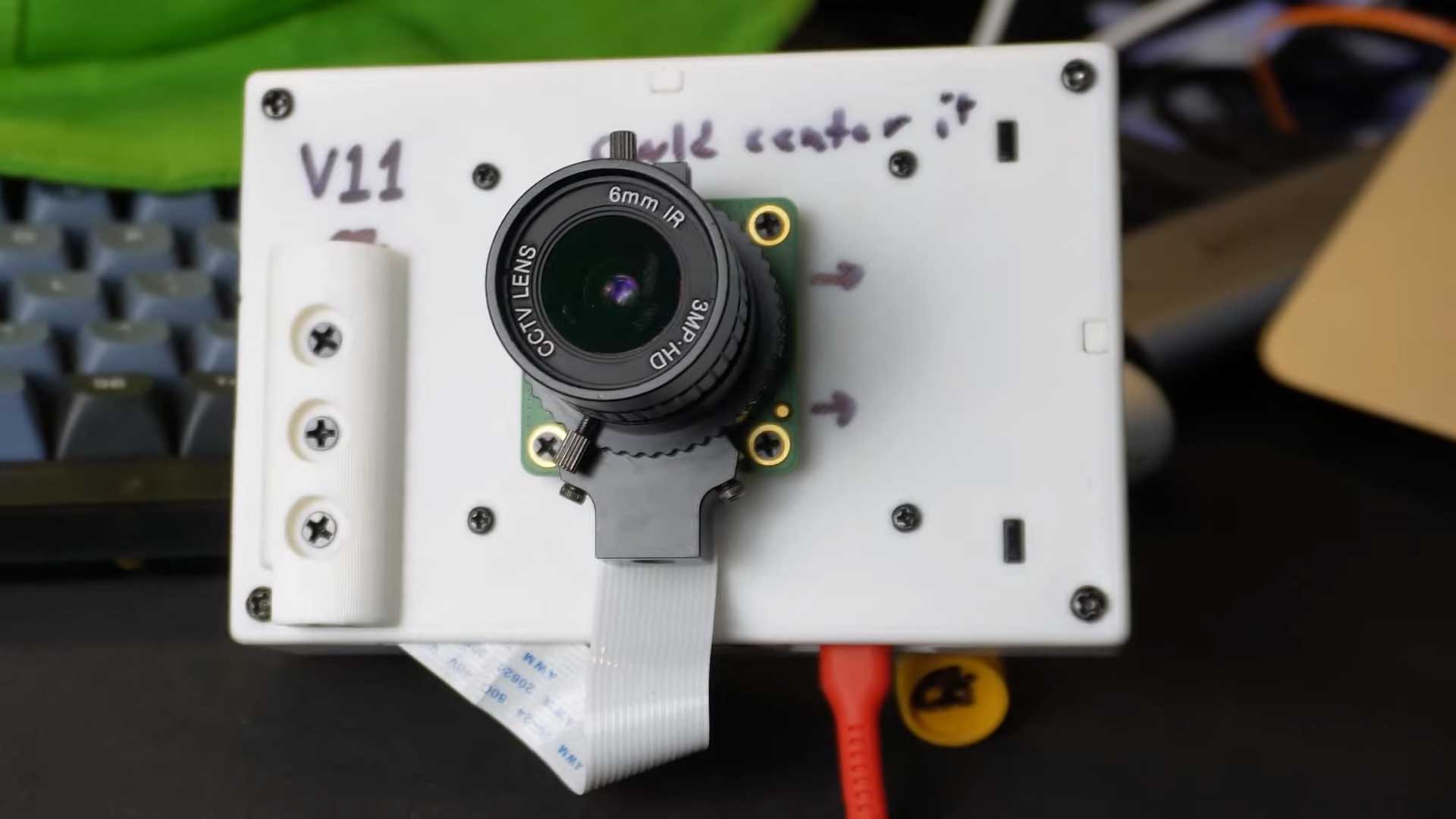

There are quite a few Raspberry Pi-based cameras out there now. Many of them, according to Boaz the Ostrich, require you to shoot photos with a keyboard attached to your camera. In response, Boaz has designed his own.
Of course, it’s based on the Raspberry Pi (buy here) with the HQ Camera Module (buy here). He’s designed it as a somewhat modular and customisable device. Easy to print at home, you can tweak it until it fits perfectly in your hands.
PiBZ – Why another 3D-printed Pi camera?
Boaz first showed off his camera about a month or so before posting the his build video below. The video above is an introduction to the camera. Boaz talks about what it can do and why he went to the effort of designing his own camera in the first place.
It essentially boils down to the fact that commercially available cameras from the big names (Nikon, Canon, Sony, etc) are all locked into their own form factors. And these form factors aren’t necessarily ideal for all users.
In looking at open source cameras, however, he found that many of them still required you to have a keyboard stuffed in your backpack – if not being carried and used with the camera to snap photos.
As an aside, I want to point out here that this hasn’t been my experience. We’ve featured a number of 3D-printed Raspberry Pi cameras here on DIYP, and I can’t recall the last one I saw with a keyboard attached to it once it was in its final state. However, your mileage may vary. Not everyone sees the same projects!
Anyway, Boaz wanted to dispense with the keyboard and provide an all-in-one solution, more like a manufactured camera. Except, with being 3D printed, he has the ability to customise its ergonomics and features to his liking.
You can make your own
Since his initial video, Boaz did a little more tweaking to the design, as well as the software. He updated the design, and because he’d neglected to do so in the video above, he walks us through the build process from start to finish.
This one’s a 46-minute video. So, you’ll want to sit back and relax with a big coffee or a bowl of ice cream or something before hitting play.
It doesn’t quite have that all-in-one self-contained thing happening yet. It still requires external USB power. I think it should be fairly easy, once you’ve modified the grip to your liking, to adjust things a bit to fit an 18650 and a small charging circuit.
But that’s where you step in if that’s what you want.
The entire project is available to download from GitHub to make your own PiBZ. Boaz states on the page that it is by no means a finished product but a work in progress. However, he hopes it becomes a good starting point for others looking to develop cameras of their own.
GitHub houses all of the 3D models, the bill of materials, schematics, code, and everything you need to start making your own camera. Whether you choose to pick up the reins or not, though, I expect Boaz will still be revising and updating PiBZ in the future, so be sure to follow the project.






